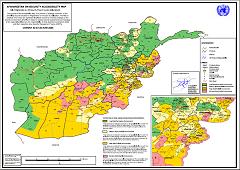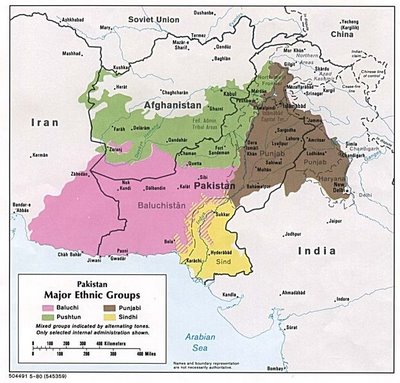Unhinged
Babble on.
One of the first people on the left side of the political spectrum I ever linked to has come completely unhinged:
Joe, our government is complict in this act by helping to stall a ceasefire. I will let you speculate as to why they are on board with this bizzare policy, but there is no doubt they are. MacKay is Foreign Minister. This is his file. I just hope he can live with himself. I am not sure I could. I don't have to worry about Steve having bad dreams about dead babies. Sociopaths don't have that problem.
Greg | Homepage | 07.30.06 - 8:39 pm | #
***
I don't have to worry about Steve having bad dreams about dead babies. Sociopaths don't have that problem.
That is easily the most asinine thing I've ever seen you write.
Damian | Homepage | 07.31.06 - 9:44 am | #
***
That is easily the most asinine thing I've ever seen you write.
I just call em like I sees em.
Greg | Homepage | 07.31.06 - 9:57 am | #
For those who like to toss the term around indiscriminately:
Antisocial personality disorder: A pervasive pattern of disregard for and violation of the rights of others and inability or unwillingness to conform to what are considered to be the norms of society.
The disorder involves a history of chronic antisocial behavior that begins before the age of 15 and continues into adulthood. The disorder is manifested by a pattern of irresponsible and antisocial behavior as indicated by academic failure, poor job performance, illegal activities, recklessness, and impulsive behavior. Symptoms may include dysphoria, an inability to tolerate boredom, feeling victimized, and a diminished capacity for intimacy.
Greg has officially lost it, and I'm done with him. Kinda sad, considering that until now, I had considered him one of the more reasonable guys on the other side of the fence. Now he's just another moonbat, and a dime-a-dozen one at that. What a shame.
Babble off.








